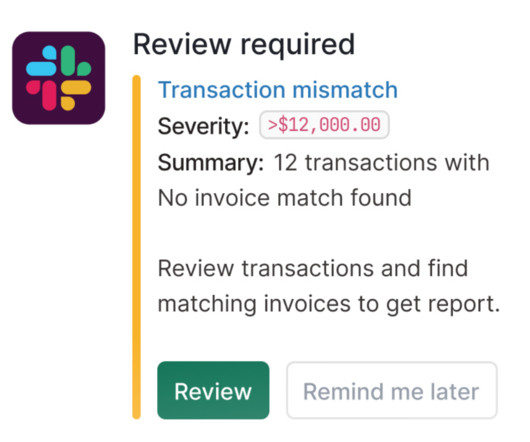KPI Checklist for Evaluating Your Controller
Gaviti
JUNE 18, 2025
It can range from low-level finance activities to high-level accounting. These are some examples of tasks controllers might handle: Preparing financial statements Creating and analyzing budgets Managing cash flow Assessing and mitigating financial risks Some small businesses combine this role with that of the Chief Financial Officer.












Let's personalize your content